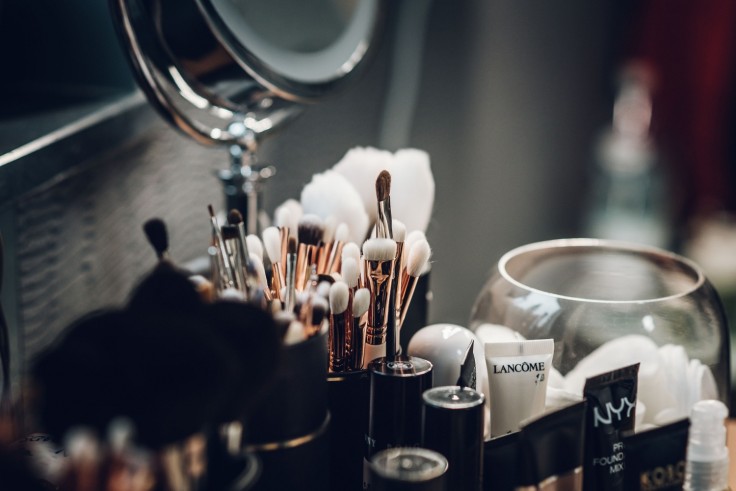
Makeup can permanently harm the skin's barrier and structure, causing the skin to be more sensitive even to water. Allowing your kids to wear makeup may only cause teenage acne later, specifically due to insufficient product removal combined with unhygienic behaviors that clog pores and eventually spread bacteria.
Joanna Schlip, the celebrity makeup artist, says that tweens should not wear a full face of makeup but suggests they can use sunblock as their foundation if they want to. The American Academy of Pediatrics also added that makeup in kids could damage 1-3 year old's skin, making it extra-sensitive, as some cosmetics can cause an allergic reaction. While wearing makeup boosts a person's confidence, makeup products can cause dryness, itchiness, redness, and irritation to the skin.
Dr. Lynn Chiam, a dermatologist with Children & Adult Skin Hair Laser Clinic, said a kid's skin is sensitive and thinner, making them more prone to damaging elements as their skin still cannot defend itself against any irritants. Wearing makeup in kids is already damaging, especially prolonged use.
Some makeup contains toxic ingredients
Dr. Chiam added that most kids are curious about almost everything. As a result, they would use and share makeup with friends, which can transmit bacteria and eventually lead to dermatitis of the skin and lips and flaking. Kids absorb more through the skin as they have a high surface-to-volume ratio.
Some makeup contains chemical ingredients that could harm a person's health. Contaminants found in cosmetics range from lead and asbestos to phthalates and more. Data published on Medical News Today stated that certain chemicals in makeup and other cosmetic products are associated with serious health concerns, such as cancer and endocrine disorders that affect the production of hormones in the body.
However, in the United States, no law requires the Food and Drug Administration (FDA) to approve cosmetics, which only means that other than color additives, makeup contains many dangerous chemicals with no regulation. Thus, when kids use cosmetics, their skin absorbs chemicals that gradually enter the bloodstream. They can also inhale or ingest the products, putting them at risk.
Schlip suggests to individuals, including kids, that there is "no amount of makeup can beat a smile," per the Los Angeles Times.
When should kids start wearing makeup?
While there is no appropriate age when wearing makeup, parents should bear in mind that using any cosmetic products can surely damage kids' skin and produce future problems and issues with their physical appearance.
Dr. Jo-Ann Finkelstein, a clinical psychologist, says that many kids start wearing makeup between the ages of 12-15 or younger when they start experimenting with their friends during playdates. Kids would start doing anything even if they are warned not to; thus, educating them on the possible consequences of wearing any cosmetic products is important.
Furthermore, young ones should practice healthy makeup habits, such as not leaving it overnight, as it will only bring more damage to the skin. If kids have decided to wear makeup, they should also know how to remove it to protect their skin from many more possible effects, Revere Health says.
Related Article : When Is Your Child Old Enough To Start Cutting Their Own Nails?